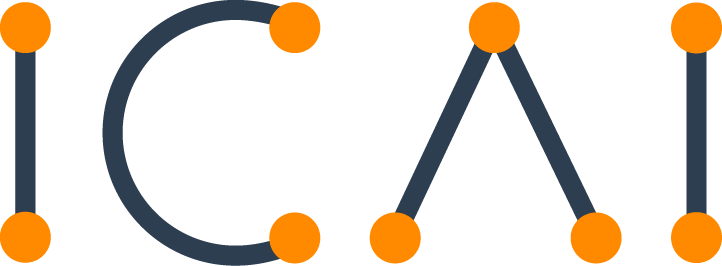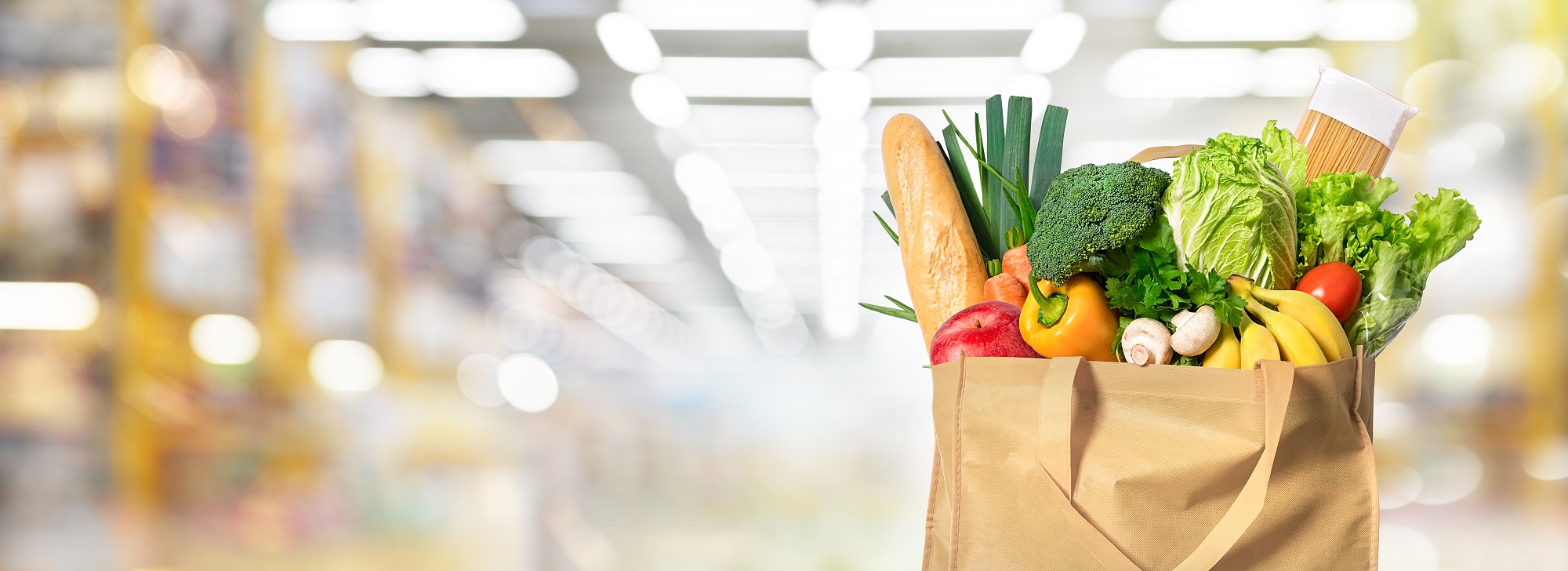The official name of the new lab is AI for Precision Health, Nutrition & Behaviour. Its goal is to provide personalised nutrition advice based on information gathered through smart sensors and artificial intelligence. WUR-researcher Guido Camps is in charge of the Wageningen contribution. WUR contributes four of the total of eight PhD candidates involved in the project.
Video-analysis
WUR focuses on the high-tech gathering of data on what and how much a person eats. Traditionally, such information is gathered through the use of surveys. This process can be automated precisely through the use of smart sensors, video analysis of chewing and eating behaviour and deep-learning algorithms. This should yield better nutrition advice.

Self-reporting through apps is an alternative to pen and paper. Camps and his team work on the Traqq app, which provides users with an easy way to record their eating behaviour. This opens up the option of providing nutrition advice remotely. Similar apps for expectant and new mothers are under development.
Network
The new AI-lab is part of the Innovation Center for Artificial Intelligence (ICAI), a collaboration between the government, industry and knowledge institutes. This network counts 21 labs across the country. Wageningen now has two. The Agro-Food AI-lab was established previously. An AI lab is not a physical building but a collaborative initiative.

 Photo: Shutterstock
Photo: Shutterstock